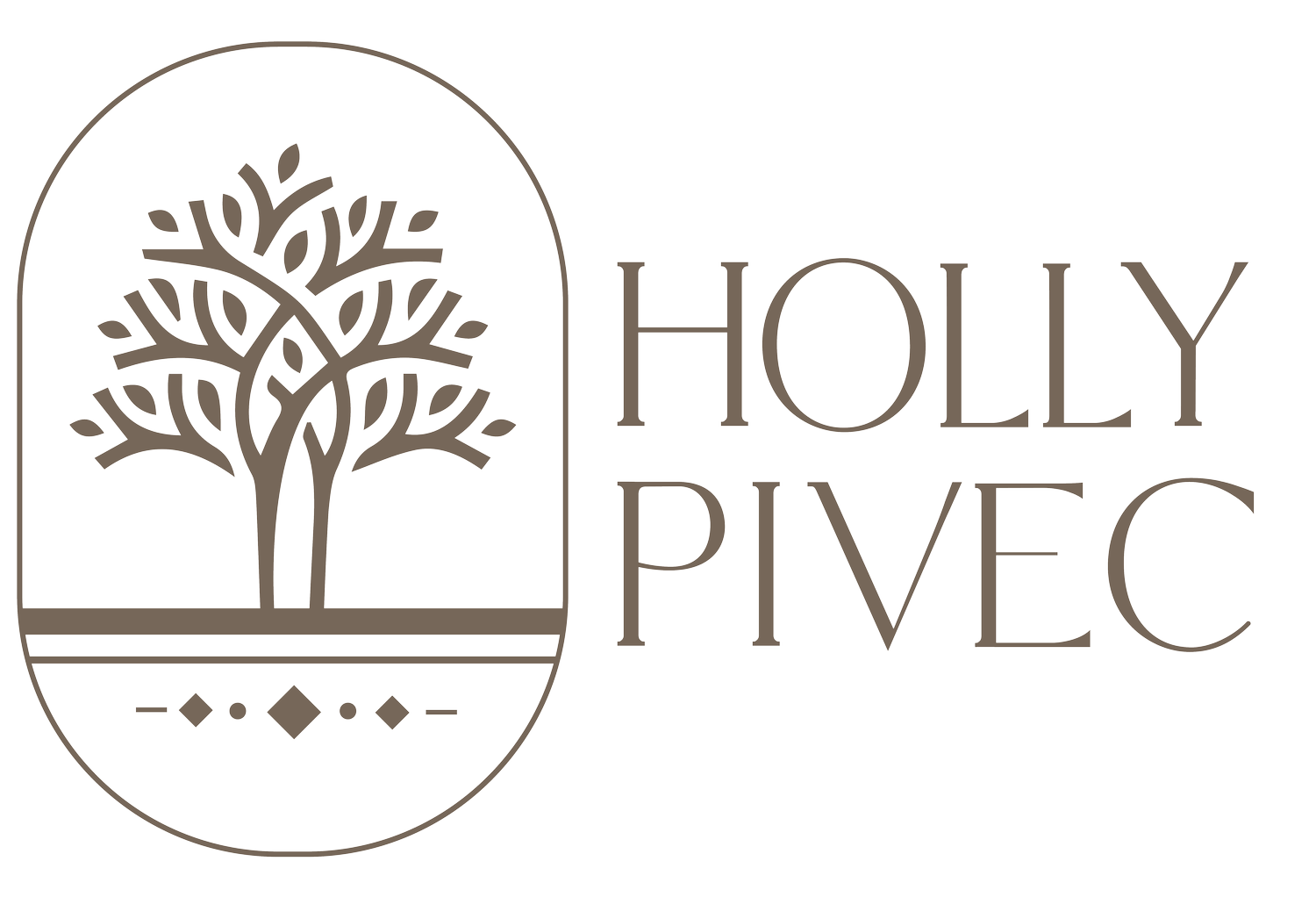Naming Names
There’s a common view among Christians that it’s wrong to publicly criticize the teachings of other professing Christians. People who hold this view cite Matthew 18:15-17. They believe this Bible passage teaches that anyone who has concerns about someone else’s teachings should go to that person privately. They sincerely believe this is what the passage teaches. In fact, some people have recently warned me that my blog is a violation of this command because it identifies people who are bringing false teaching into the church.
But they don’t realize that this passage is being used out of context. It doesn’t refer to addressing false teaching. It refers to addressing someone’s private sin. This can be seen in the larger context, which includes a discussion, immediately after this passage, of forgiving those who sin against us. Also, this passages deals specifically with church discipline—the manner of dealing with those who sin in a local church.
The Biblical Principle for Addressing Sin
Here’s what the Bible teaches about addressing sin in the church.
• A private rebuke is given for private sin. Matthew 18:15-17
• A public rebuke is given for public sin. (See the apostle Paul’s public rebuke of the apostle Peter's false teaching in Galatians 2:11-14. Also, see the apostle Paul's public rebuke of a man who was flagrantly sleeping with his stepmother with his church's knowledge in 1 Corinthians 5:1-13. Paul didn't confront this man privately. In fact, he had never even met this man, as shown in 1 Corinthians 5:1, when he refers to a report he heard about the man's sin. Yet, Paul confronted this public sin publicly because the sin affected the whole Corinthian church.)
Teachers who bring false doctrines into the church must be confronted publicly because their teachings are public. They write books, speak at conferences and appear on television programs promoting their teachings to thousands of people. Because they have public influence, they must be held to public scrutiny. If people go to them privately, then—in the meantime—thousands of people can be misled by their harmful teachings.
Teachers should expect—and even welcome—criticism of their teachings. The Bible warns them in James 3:1 that they are held to high standards because of their influence and will face stricter judgment from God than other Christians. They should be open to correction. But, many times the false teachers, themselves, are the ones who teach their followers the misapplication of Matthew 18:15-17. They use this as an effective technique to silence criticism.
What the Bible Teaches About Dealing With False Teaching in the Church
Here are some of the things the Bible teaches, specifically, about dealing with false teaching. (My seminary professor at Biola University, Kevin Lewis, provided the list below.)
• Name Names: In 2 Timothy, the apostle Paul identifies false teachers in the church, by name, four times. 2 Tim. 1:15, 2:17, 3:8, 4:14
• Warn the church publicly what the false teachers are teaching. 2 Timothy 2:16-18
• Silence the false teachers. (This means that church leaders shouldn’t allow people to teach false teaching in their churches.) Titus 1:10-11
• Refute the false teachers. Titus 1:9
• Do not give false teachers a platform or otherwise support them in their ministries. 2 John 1:10-11
